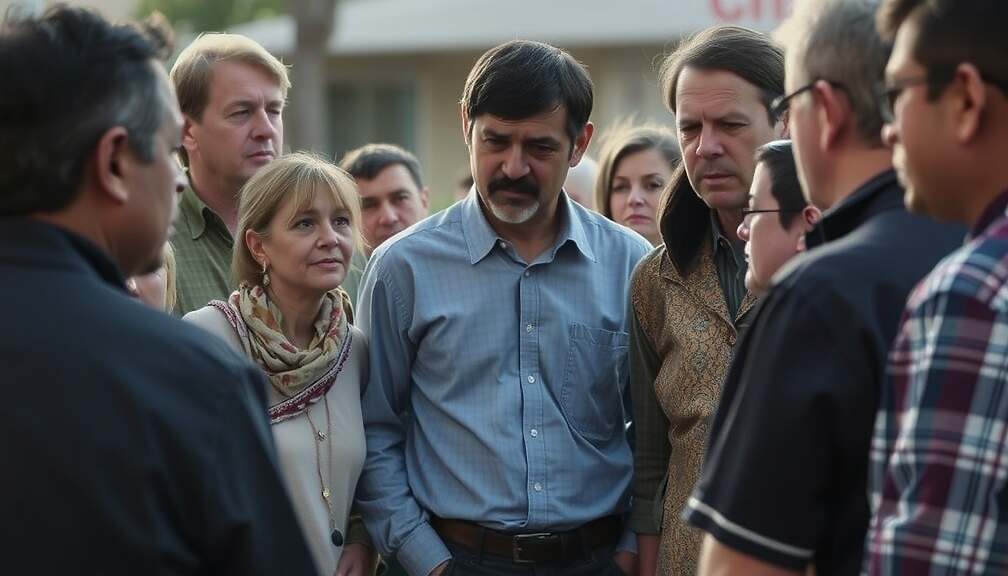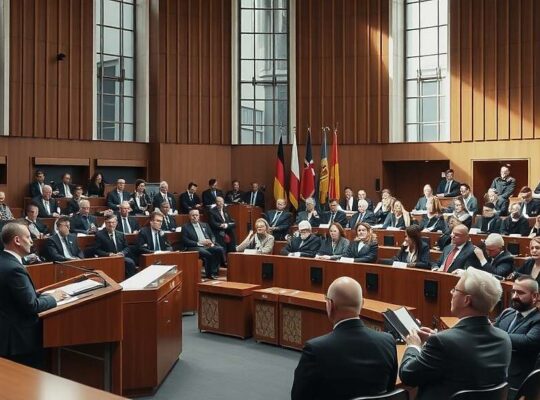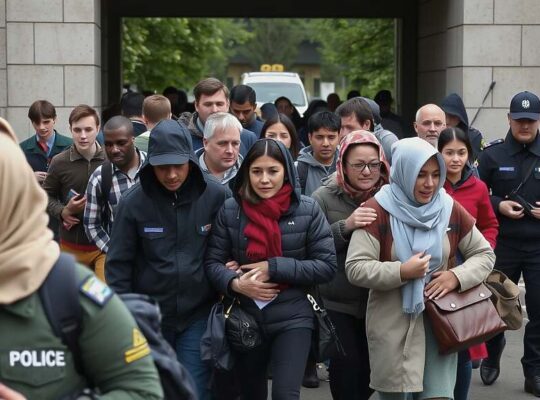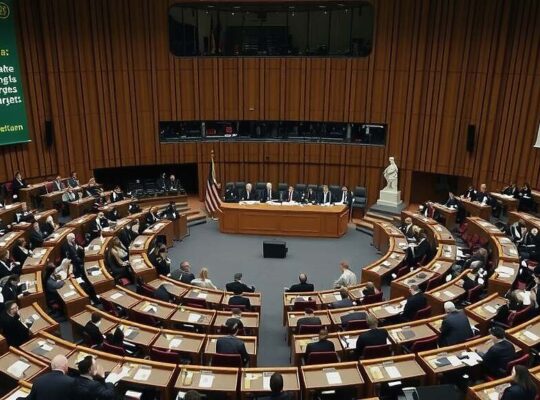The German government is considering a rebrand of the BAföG student loan and grant program, a move officials hope will combat the program’s increasingly negative perception among students. Science Minister Dorothee Bär of the CSU party acknowledged the cumbersome and unwieldy name – “Bundesausbildungsförderungsgesetz” – as being detrimental to its image, describing it as an “executioner’s word” and lacking “sex appeal”. Bär suggested a shift towards terminology resembling a “scholarship system” emphasizing the intended function of providing equitable access to higher education regardless of parental income. The planned reform, slated for implementation in the winter semester of 2026/27, aims to ensure financial circumstances do not dictate access to university studies.
Beyond domestic policy, Minister Bär is currently preparing for the European Space Agency (ESA) Ministerial Council in Bremen, marking Germany’s return as host after more than two decades. A significant development accompanying this event is the announcement of a substantial increase in Germany’s ESA contribution. Bär confirmed a projected contribution reaching five billion euros, a considerable jump from the previous 3.5 billion. While this represents a significant commitment, pressure is mounting from regional governments – particularly Bavaria, Bremen and Baden-Württemberg – who advocate for an even higher investment of six billion euros. This heightened contribution would solidify Germany’s position as the ESA’s largest contributor.
The move highlights a broader ambition to bolster Germany’s standing within Europe and globally. Furthermore, Minister Bär outlined a strategy to attract leading international researchers to Germany, seizing upon a perceived shortfall in scientific freedom in other nations, particularly within the United States. She framed Germany’s constitutionally protected academic freedom as a compelling advantage in a world where such liberties are increasingly challenged, positioning the country as a “longing place” for scientists seeking a stable and intellectually vibrant environment. The ongoing efforts signal a proactive approach to maintaining Germany’s reputation as a leading destination for innovation and cutting-edge research.












